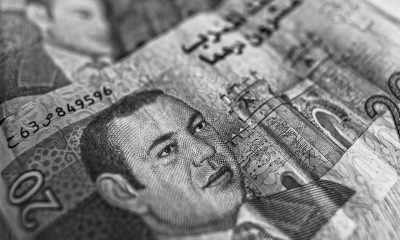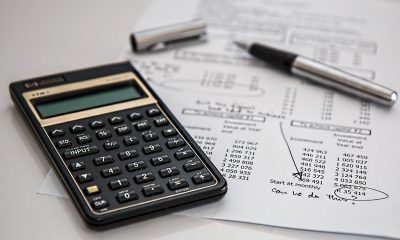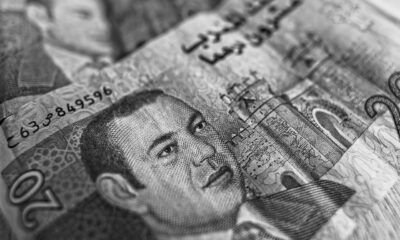Africa
How the Government in Morocco is Managing the Economic Crisis in the Country
Everything leads us to believe that the Government in Morocco is on the front line in managing the crisis, brought on by the war in Ukraine and the international situation, given the series of measures taken in recent months. In reality, the picture is less smooth than one might think, according to some specialists and commentators.
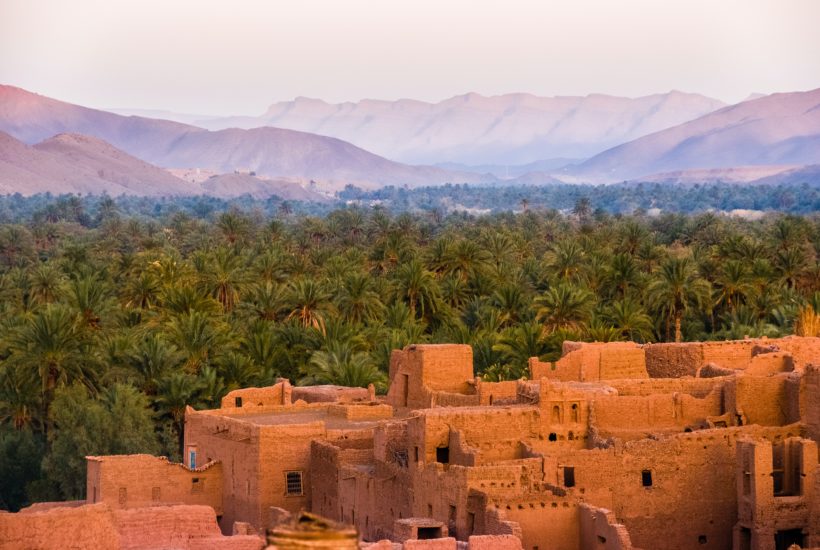
Certain foodstuffs have been subject to increased supply tensions in stores in recent weeks. This is a global phenomenon that does not only concern Morocco. In addition, unlike other countries, the kingdom is doing quite well. At least, the Executive wants to reassure the stocks in the short and long term.
During a recent press briefing, the Minister Delegate in charge of Relations with Parliament and government spokesman, Mustapha Baitas, said that Morocco has enough wheat stocks for five months. Regarding fuels, the stock to satisfy the national market is available, according to him, noting that fuel prices are subject to almost daily variations.
Long before this statement, the Directorate of Competition, Prices, and Compensation (DCPC), under the Ministry of Economy and Finance, made a statement at the beginning of the month of Sha’ban, insisting that the markets are supplied in a normal way and with a diversity of consumer products.
If we believe the DCPC, the available supply largely covers the needs, not only of the holy month of Ramadan but also those of several weeks, even several months, said the Directorate in a statement on the meeting of the Interministerial Commission responsible for monitoring the supply, prices, and operations of price control and quality, held Wednesday, under the chairmanship of the Ministry of Economy and Finance.
Read more about the economic situation in Morocco and find other important economic news from around the world with our companion app, Born2Invest.
Some prices have increased, while others have declined
Although most product prices continue to increase relatively compared to those recorded during the same period last year, given the effects of the international market and climatic conditions in the Kingdom, other products on the other hand have begun to register declines, as is the case of some flours, semolina, rice, fruit, spices …, said the same source.
Regarding the price of tomatoes, they have begun to decline following the marketing of the spring harvest. In short, move on, there is nothing to see. In reality, the picture is not as smooth as the government wants to show us, yet in recent weeks, the measures to allow Moroccans to cope with the painful surge in prices of basic commodities on the international market. This is at least “the simple view” of the economist, Mohamed Rahj, for whom the Executive is in a position of “observer” and not “actor”.
To support his point, Rahj gives the example of the price subsidy on fuel for the benefit of transporters. “A one-time measure, limited in time and space and does not benefit all professionals or households that are not affected, “he regrets.
If our interlocutor welcomes the compensatory measure on gas, sugar and oil, a measure several decades old, the urgency today is the increase in purchasing power of households through the increase in wages, both in the public and private. “The rise in prices is a daily fact while wages remain frozen for a long time,” adds the academic.
The state should take its share of the sacrifice
For the private sector, Mohamed Rahj suggests that the state should take its share of the sacrifice, especially since it is relatively responsible for the rise in some prices. “It is true that Morocco is suffering the full force of the price increase on the world market, but the kingdom is partly responsible for this increase at the local level through a number of tax measures. Let’s take the example of fuel. For each liter purchased, we pay a tax of about 5 DH, between the Domestic Consumption Tax and VAT, while the margin is exorbitant,” argued the expert w ho asks the state to intervene by reducing the tax on petroleum products, and companies to play their “civic role” by giving up part of their profits.
“Before the liberalization of prices, the profit margin of distributors was 50 cents per liter, now it increases to 1.50 DH. Currently, there are companies that are making money on the backs of consumers by imposing their own prices,” said the specialist.
__
(Featured image by Sergey Pesterev via Unsplash)
DISCLAIMER: This article was written by a third party contributor and does not reflect the opinion of Born2Invest, its management, staff or its associates. Please review our disclaimer for more information.
This article may include forward-looking statements. These forward-looking statements generally are identified by the words “believe,” “project,” “estimate,” “become,” “plan,” “will,” and similar expressions. These forward-looking statements involve known and unknown risks as well as uncertainties, including those discussed in the following cautionary statements and elsewhere in this article and on this site. Although the Company may believe that its expectations are based on reasonable assumptions, the actual results that the Company may achieve may differ materially from any forward-looking statements, which reflect the opinions of the management of the Company only as of the date hereof. Additionally, please make sure to read these important disclosures.
First published in Les Eco.ma, a third-party contributor translated and adapted the article from the original. In case of discrepancy, the original will prevail.
Although we made reasonable efforts to provide accurate translations, some parts may be incorrect. Born2Invest assumes no responsibility for errors, omissions or ambiguities in the translations provided on this website. Any person or entity relying on translated content does so at their own risk. Born2Invest is not responsible for losses caused by such reliance on the accuracy or reliability of translated information. If you wish to report an error or inaccuracy in the translation, we encourage you to contact us.

-
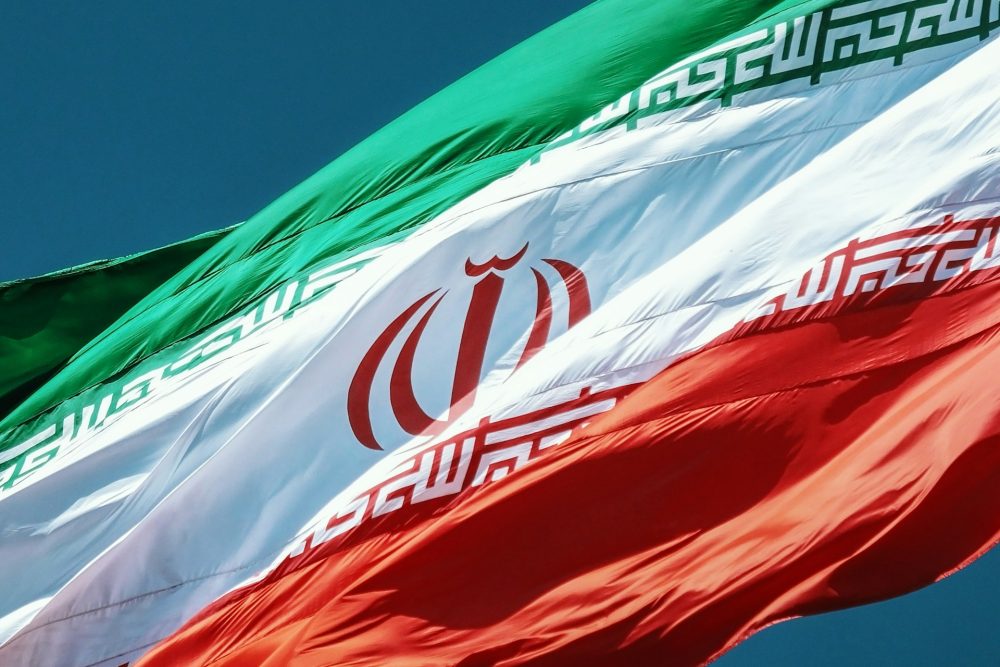
 Markets2 weeks ago
Markets2 weeks agoShockwaves of War: U.S. Strikes Iran, Markets Teeter, Global Risks Rise
-

 Crypto1 week ago
Crypto1 week agoCoinbase Surges: Bernstein Targets $510 as COIN Hits Highest Price Since IPO
-

 Markets3 days ago
Markets3 days agoCoffee Prices Decline Amid Rising Supply and Mixed Harvest Outlooks
-
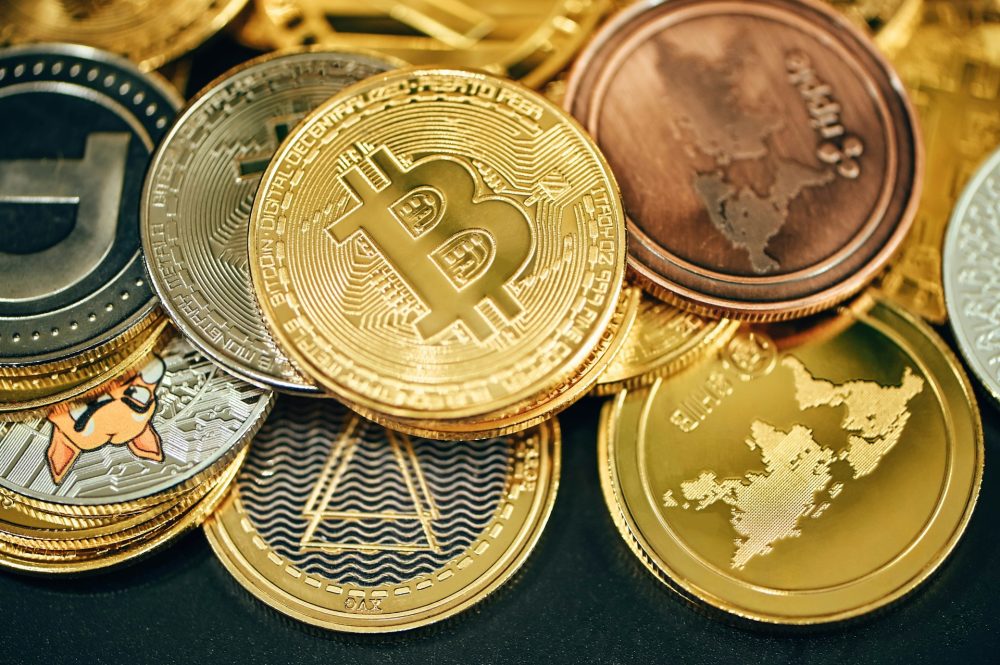
 Crypto2 weeks ago
Crypto2 weeks agoBitcoin Recovers After U.S. Strikes Iran, While Altcoins Face Sharp Losses
